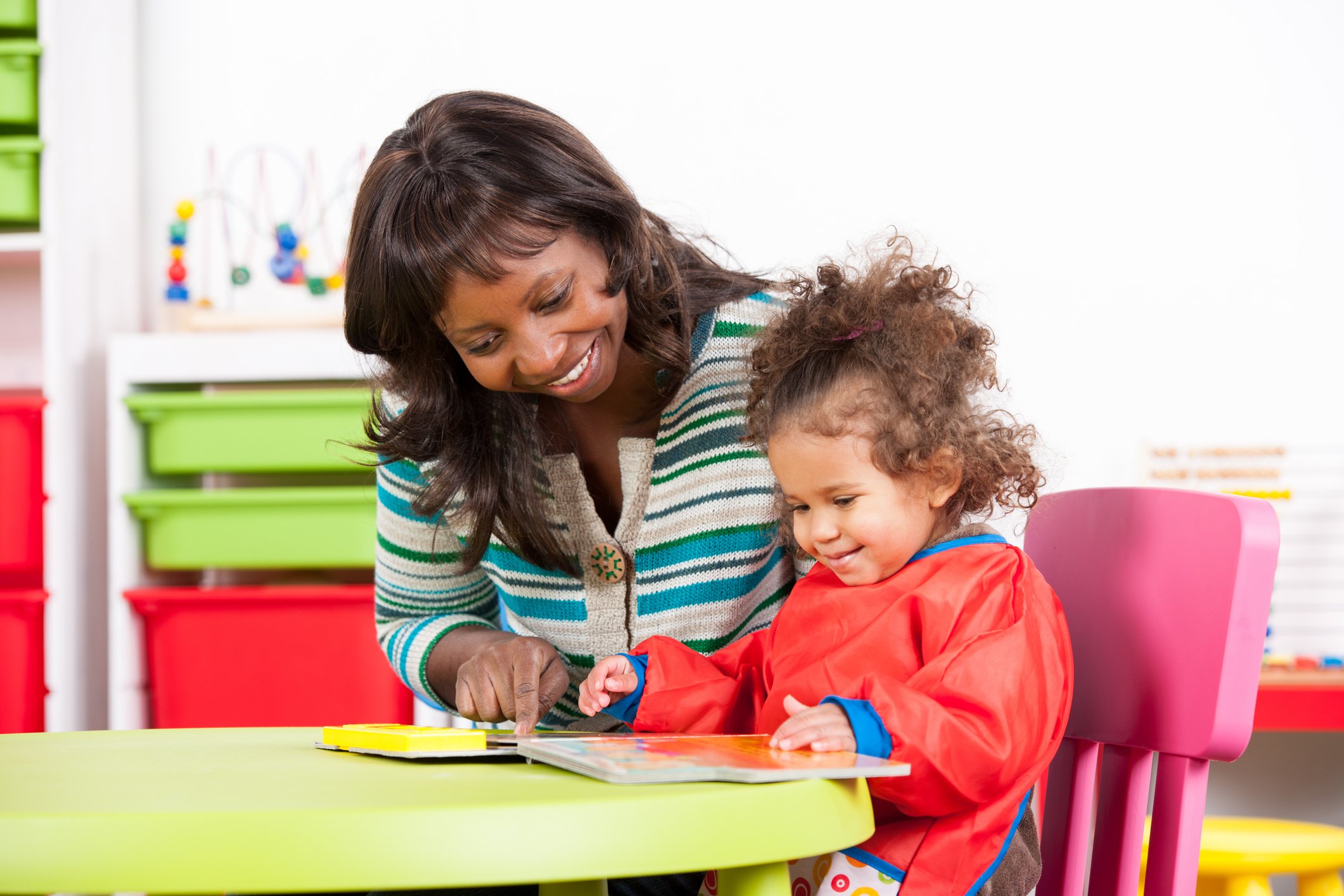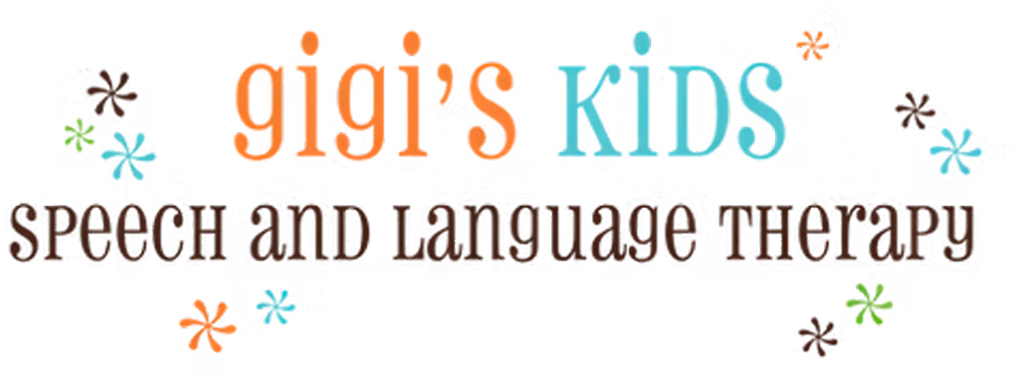
Every toddler develops on their own timeline, especially when it comes to talking. Some kids start forming sentences before age two, while others take a little longer. As a parent, it’s natural to wonder if your child is developing at their own pace or if they may need extra help with speech or language.
This article breaks down common speech and language milestones, signs of a possible delay, and how speech therapy can help your child communicate more clearly and confidently.
Understanding the Difference Between Speech and Language
Before we get into milestones, it helps to understand the difference between speech and language. These terms are often used together, but they mean different things.
Speech is how we form sounds and words. It includes how clearly a child speaks, the quality of their voice, and how smoothly their words flow.
Language is how we use and understand words to communicate. It covers vocabulary, grammar, and sentence structure.
While speech and language are separate skills, they often go hand in hand. A delay in one can affect the other, especially as children begin sharing more complex thoughts.
In many cases, there’s no clear reason for your child’s speech or language delay. What matters most is helping your child develop the skills they need to find their voice and feel understood.
Typical Language Milestones for Toddlers
While every child develops at their own pace, the following examples offer a general sense of what toddlers tend to say, understand, and communicate between 12 months and 3 years:
By 12 months:
- Responds to their name
- Understands simple directions like “come here”
- Uses gestures like pointing or waving
- Says 1–2 words like “mama” or “dada”
By 18 months:
- Says 10–20 words
- Tries to copy simple words
- Uses words to ask for things
By 24 months:
- Uses at least 50 words
- Puts two words together
- Follows two-step directions
By 30–36 months:
- Speaks in 3–4 word sentences
- Is understood by familiar adults most of the time
- Asks and answers simple questions
- Names most everyday objects
Some children hit milestones early. Others take more time. These markers are meant as a guide, not a deadline.
At-Home Strategies to Boost Speech and Language Development
These daily habits can help your child build stronger communication skills and feel more confident expressing themselves:
- Talk all day long. Narrate daily routines like, “Now we’re putting on your shoes” or “Time to brush teeth.”
- Read every day. Choose books with repetition, rhyme, and clear pictures. Point to items and ask questions as you go.
- Sing songs and do fingerplays. Rhymes like “The Itsy Bitsy Spider” boost vocabulary and engagement.
- Give choices. Instead of asking yes/no questions, offer options: “Do you want an apple or banana?”
- Pause intentionally. During songs or routines, leave space for your child to jump in with words or gestures.
- Limit your child’s screen time. Focus on real-time interaction and face-to-face play.
- Be mindful of screen time. Aim for a balance that leaves plenty of space for connection and conversation with your child.
Signs Your Toddler May Need Help
Children are individuals, and it’s perfectly normal for some to reach certain milestones a little earlier or later than others. But when delays fall well outside the typical range, or when progress seems to stall completely, it may be time to check in with a pediatric speech-language pathologist.
Your child may benefit from an evaluation if they:
- Aren’t saying any words by 16 months
- Don’t use two-word phrases by age 2
- Don’t seem to understand what you say
- Rarely make eye contact or respond to their name
- Use gestures or grunts instead of words past age 2
- Are hard for family and caregivers to understand by age 3
- Are frequently frustrated due to communication struggles
How Pediatric Speech Therapy Can Help
When a child has trouble communicating, it can affect everything from learning and behavior to self-esteem. A speech-language evaluation can help uncover the reason behind their struggles and determine whether therapy might be a good next step. Speech therapy is personalized for each child and often uses play-based activities that keep kids engaged while helping them build real-world communication skills.
Therapy may focus on:
- Building vocabulary and expressive language
- Strengthening speech clarity and sound production
- Improving listening skills and following directions
- Boosting confidence in social interactions and daily routines
- Equipping you with easy, proven techniques to use at home
Reach Out to Gigi’s Kids for Help
If you’re concerned about your child’s communication development, now is the right time to take the next step. Call our team at (248) 735-8080 today to schedule an evaluation. The sooner we start, the sooner your child can begin building the speech and language skills they need to thrive.

Author
Amanda G. Tompkins, MS, CCC-SLP is the founder and owner of Gigi’s Kids Speech & Language Therapy and has been certified by the American Speech and Hearing Association (ASHA) since 2000. With over 25 years of pediatric experience, she has worked extensively in the Bloomfield Hills Schools Deaf and Hard of Hearing program and led a speech therapy department at a center affiliated with autism services. Amanda holds the ASHA Award for Continuing Education (ACE) and continues to share her expertise through trainings for preschools, parent groups, and educators.
